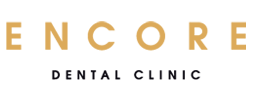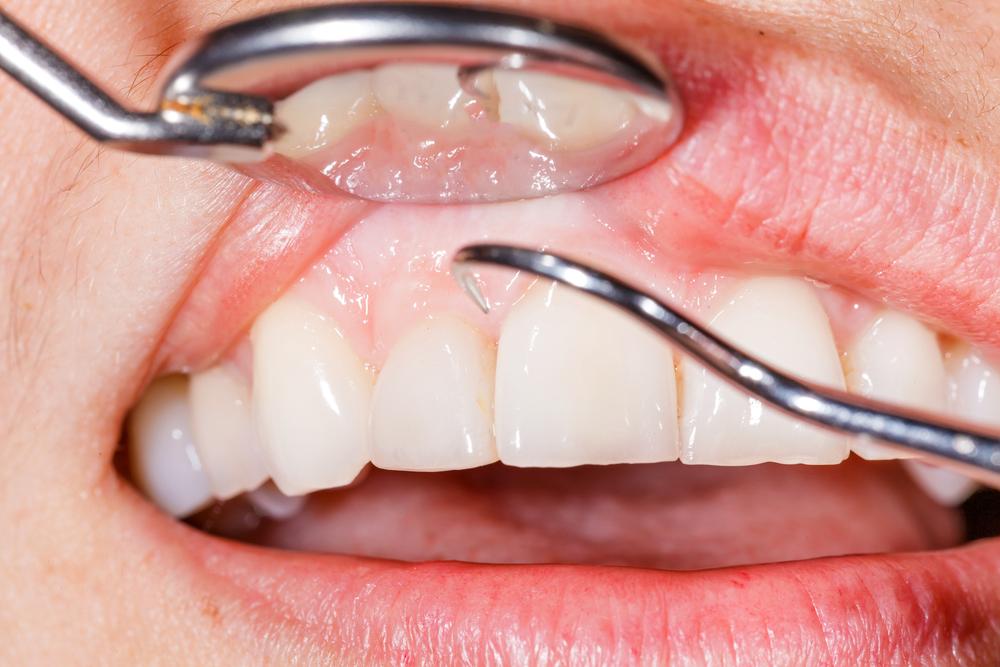“A stitch in time saves nine” was once a common idiom, but it is getting new life – in preventive dentistry. Once upon a time, this piece of wisdom referred to darning socks timeously to extend their life. When applied to dental health, the results of early action are far more important.
Taking the necessary steps regarding your oral health in time can save you from the agonizing pain involved when your teeth give trouble, and from the serious consequences poor oral health can have on your general health and wellbeing.
The threats posed by poor oral health
Poor oral health not only results in tooth decay and loss, gum disease and the possible loss of bone in the jaws. It can also contribute to heart and respiratory disease, diabetes and osteoporosis, and to the possibility of oral cancer. Other recently identified threats linked to poor oral health include pancreatic cancer and even Alzheimer’s disease.
Oral issues also affect you emotionally. Skew, chipped, broken and missing teeth can sap your confidence. They can affect your relationships and social interactions. Bad teeth are even cited as a reason for loss of employment, or failure to get a job in the first place.
Working towards good oral health
Working in conjunction with your family Port Coquitlam dentist in developing and practising a good oral health care program can be the best investment you make in your long-term health and well-being. If potential problems are treated in time, the chances of a positive outcome are much greater. At the same time, maintaining a good oral hygiene program at home will decrease the chances of those health issues developing, in the first place.
Seven steps to a good oral health program
- Have regular dental check-ups no less than once a year, and every six months if you have a history of dental problems. Your dentist will take the opportunity to perform whatever procedures are necessary, like filling cavities, and will inspect your mouth for early signs of disease.
- Contact your dentist immediately if you are experiencing pain, or if you are at all concerned about changes in your mouth. Check your mouth regularly after brushing for any signs of bleeding or swelling.
- Brush your teeth twice a day for 2 minutes, using an up and down motion. Use a soft brush, and not too much force.
- Flossing once a day will ensure that food particles and other debris do not catch between the teeth and form a nesting place for bacteria.
- Avoid tobacco products, and stop smoking if possible.
- Cut acidic and sugary foods from your diet. Bacteria love them, but your teeth do not.
- Use your teeth for chewing, tearing and pulping food, not to open bottles or cut string.
Ask your dentist for advice on how to keep your teeth healthy and strong enough to last you for life. You will be glad you did, especially when you grow older and oral hygiene and good nutrition become harder to maintain.




